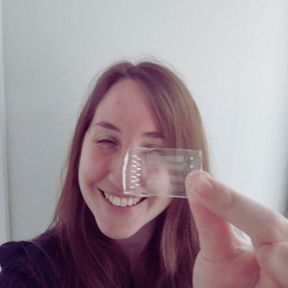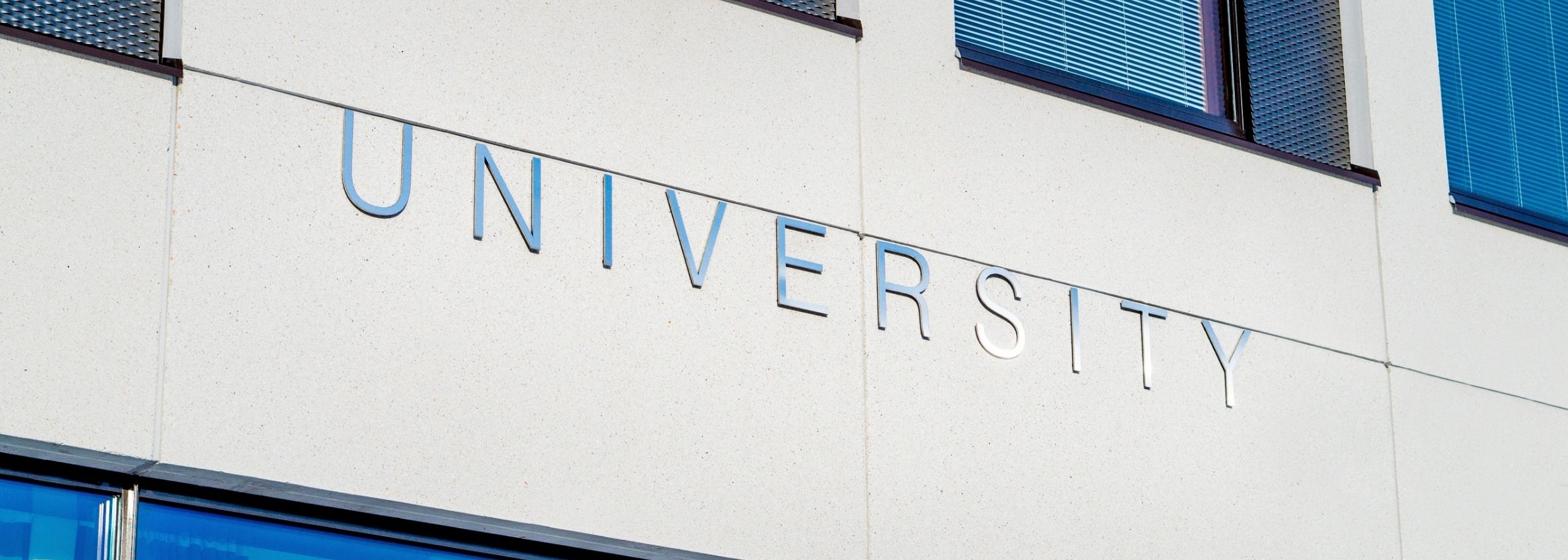This blog was written by Janneke den Besten – van Ravenswaaij, science & communication staff member at Proefdiervrij.
In June of this year I started working as a science and communications staff member at Proefdiervrij and this fall I gave my first lecture. This was the first time that I stood in front of students to explain Proefdiervrij’s perspective on animal testing and the transition towards scientific innovations without the use of lab animals. Our goal: to inspire the next generation of scientists to conduct scientific research without laboratory animals.

Nervous about my first lecture
I had practiced giving the lecture for my colleagues. Nevertheless, at the start of my very first lecture I entered the classroom feeling slightly weak in the knees. That day I would give a lecture to PhD students that already used laboratory animals within their research projects. How would they react to our view that we aim at a scientific world in which lab animals are redundant?
Better science through innovative test models
During the presentation, I explained that our goal is to advance science. We would like researchers to use human-oriented, non-animal methods, to make sure that research results translate well to humans. We are convinced that in the future, animal testing won’t be needed in research, because the alternative methods will be even better for humans.
It was a great first experience! I hope to be able to engage with many more students about alternatives to animal testing! – Janneke, science & communication staff member
Engaging in conversation together
During the lectures I also explain some of these animal-free methods, such as the organ-on-a-chip. I also show the students real examples of organs-on-chips. Students really enjoy seeing these examples!

After the presentation, I also engage in discussion with students, using debate statements. I was glad that everyone was open to the discussion during the first lecture. One of the students also said that for one of his research projects he might want to use a human-oriented method, instead of animal testing. He asked me if he can contact us for this and I said that he certainly can. When a researcher contacts us about an animal-free research project, we will support the researcher in any way that we can.
It was a great first experience! I hope to be able to engage with many more students about alternatives to animal testing.
Want to know more about our Proefdiervrij lectures?
Each year we give an average of 30 lectures to students who will be working with laboratory animals. The lectures, that are approximately one and a half hours long, are given at universities throughout the Netherlands, as part of the course ‘Laboratory Animal Science’.
Would you like more information about our lectures or do you have questions about the content? Visit this page.

